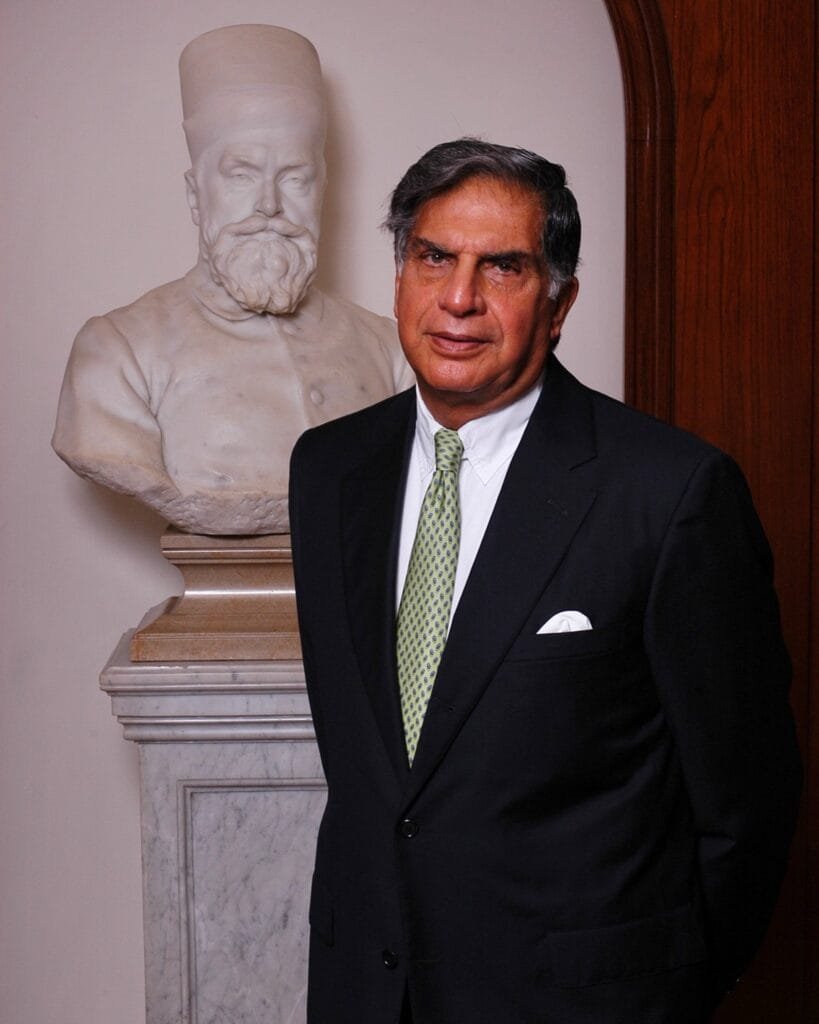Ratan Tata’s post-retirement entrepreneurial journey exemplified his love for innovation and social impact, making a difference with over 50 ventures after stepping down from Tata Group.
Ratan Tata, the former Chairman of Tata Sons, remains a global business icon. Though he stepped down from the helm of the Tata Group in 2012, his influence only grew. His entrepreneurial spirit, undiminished by retirement, flourished in the years that followed. He seeded over 50 new ventures, many focused on social impact. For Tata, this was a chance to do what he loved most—solve problems and make a difference.
A New Chapter After Retirement
Post-retirement, Ratan Tata finally indulged his passion for innovation. His work became more personal and purpose-driven. One of his favorite projects was Good Fellows, a startup offering companionship to senior citizens by matching them with young people. Not every venture he backed flourished, but some achieved unexpected success. This gave him immense satisfaction. Technology had made it easier to turn ideas into market-ready solutions, and Tata was always amazed by its speed.
His Entrepreneurial Nature
Throughout his career, Ratan Tata’s urge to find solutions never wavered. Even during his early days at Tata Steel, he had many ideas on improving the plant’s efficiency. However, his proposals often met with resistance from older colleagues quoting “traditional practices.” Despite the challenges, his determination shone through, shaping his leadership style.
Later, as Chairman of Tata Industries, he helped launch ventures like Tata Honeywell and Tata Lucent. These collaborations brought cutting-edge technology into the group. His experience also included working with trade unions and reforming Air India, but his real strength lay in his entrepreneurial mindset.

The Global Expansion
In 1991, Ratan Tata became the Chairman of Tata Sons, coinciding with India’s economic reforms. He was one of the few Indian industrialists who welcomed the opening up of the economy. He envisioned a globally competitive Tata Group. Over the next two decades, Tata remade the conglomerate, creating a cohesive group of companies across various sectors.
Under his leadership, Tata Tea acquired Tetley, Tata Motors bought Jaguar and Land Rover, and Tata Steel won Corus, a major British steelmaker. These deals symbolized India’s growing influence on the global stage, but for Tata, these acquisitions were not just about prestige. They were strategic moves to give Tata Motors and Tata Steel a global footprint.
His Love for Innovation
Ratan Tata was always fascinated by innovation. The Nano project was particularly close to his heart. The idea of creating the world’s most affordable car was born out of his desire to provide a safe, affordable vehicle for Indian families. Though the Nano didn’t achieve the commercial success he envisioned, Tata was immensely proud of the team’s achievement. It was a personal mission to deliver an affordable car, and he kept his word.
The Social Responsibility Legacy
Ratan Tata was deeply aware of the responsibility that came with the Tata name. While he owned a small share in Tata Sons, the majority of the company’s income went to Tata Trusts, which supported philanthropic initiatives across India. Tata Sons and its charitable work have long been a cornerstone of the Tata Group’s reputation. Ratan Tata took immense pride in this unique blend of business and social responsibility.
He believed that a company should be ethical in all its dealings. When one of his top executives was found to be acting dishonestly, Tata took swift action to restore the company’s integrity. This commitment to transparency and fairness was a hallmark of his leadership.
The Enduring Impact
Today, Ratan Tata’s legacy is not just about the companies he led, but the social impact he made. His post-retirement ventures focused on improving lives and solving social issues. His humility, combined with his drive to solve problems using technology, made him a revered figure in India and beyond.
Ratan Tata wished to be remembered as someone who made a difference. He was more than a businessman; he was an entrepreneur with a purpose. His impact will continue to be felt in India’s business landscape and beyond.
(Disclaimer: These are the personal opinions of the author)